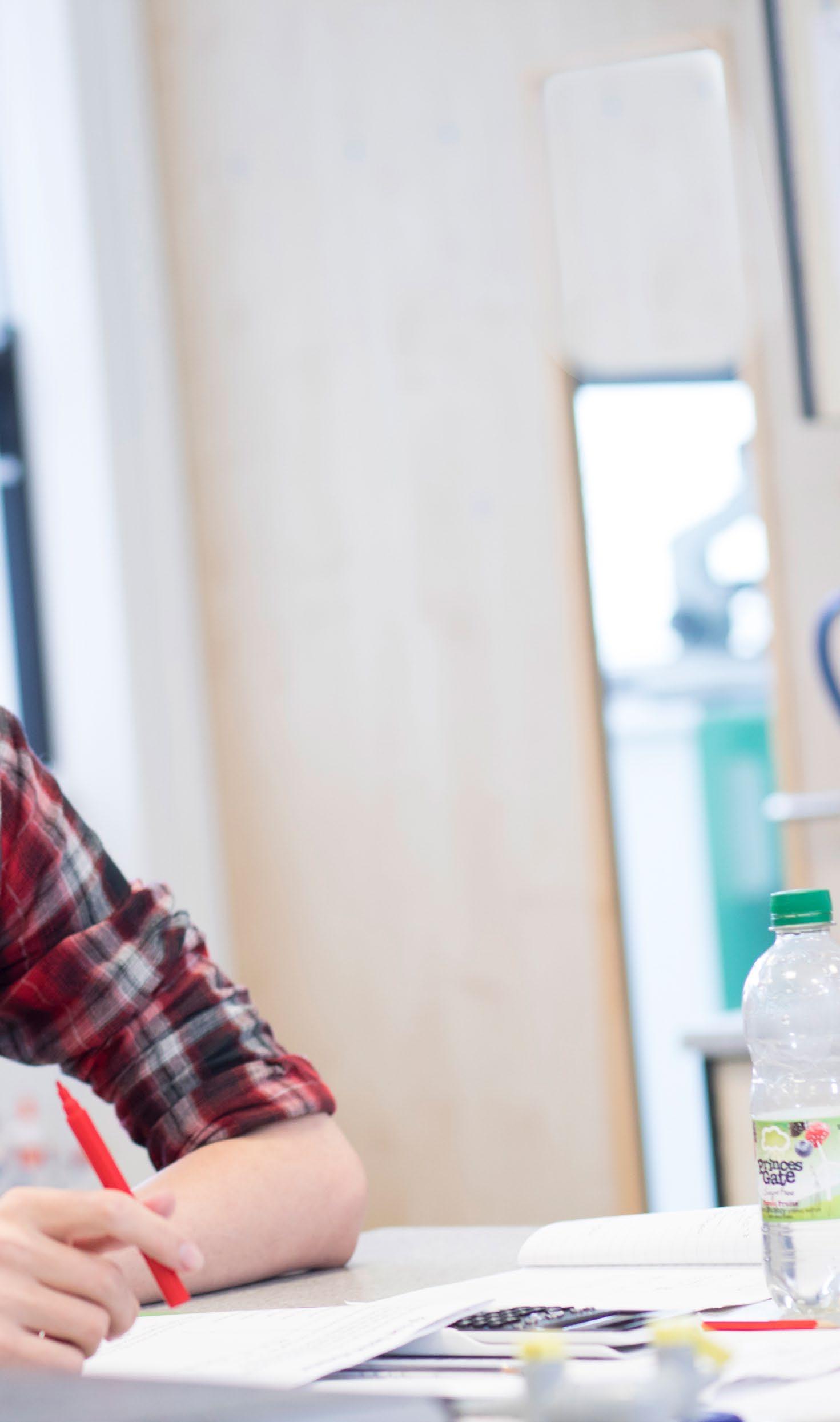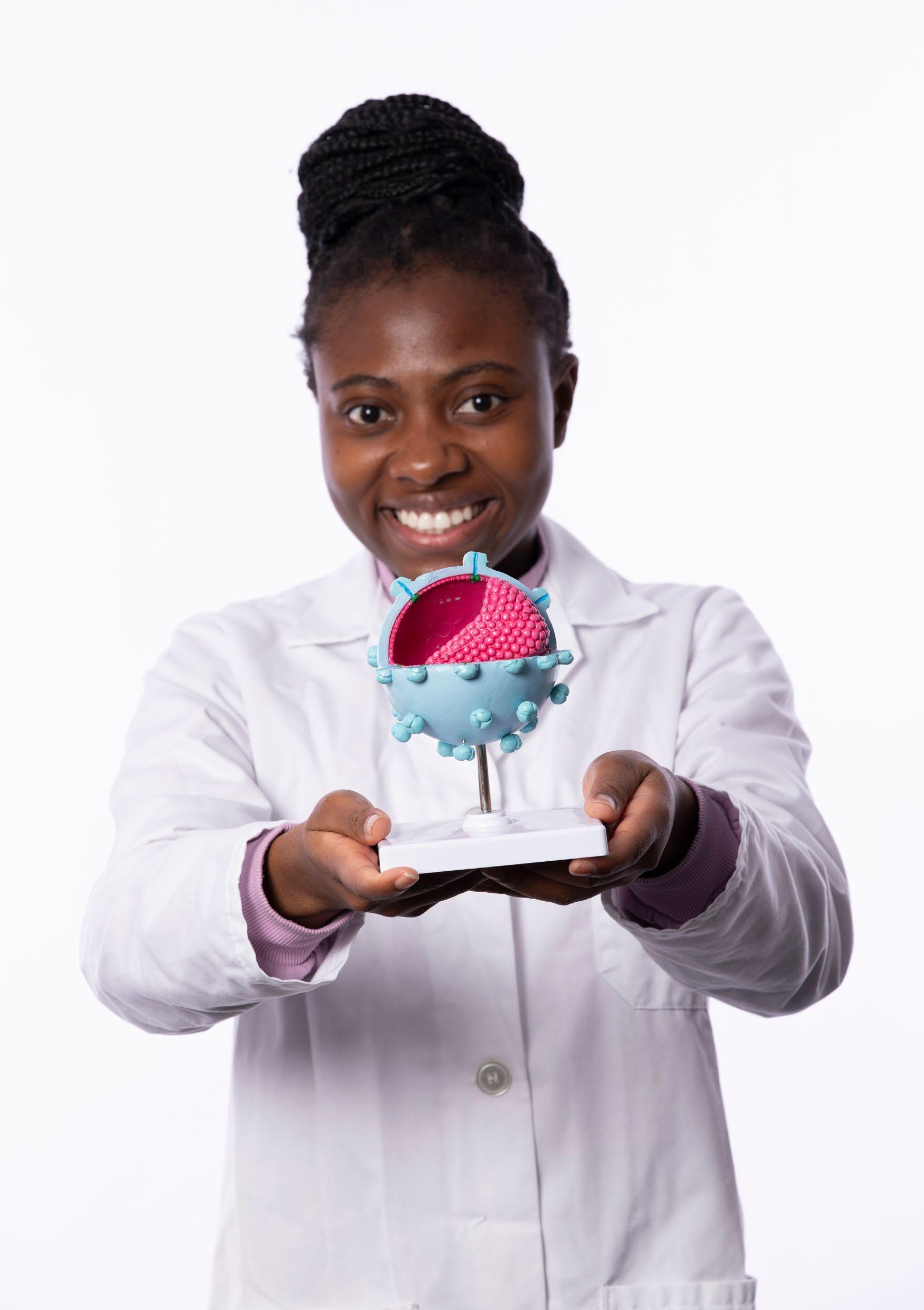CHOOSE T LEVELS WITH BEDE SIXTH FORM COLLEGE



T Levels are a new two-year course, being introduced by the government, primarily aimed at 16 to 19-year-old learners. The equivalent to three A levels, they are a level 3 technical option that combines classroom-based learning with a strong element of on-the-job training through a 45-day industry placement.
T Levels have been developed in select subject areas, alongside employers and businesses to ensure they meet industry needs. The courses are being rolled out gradually to colleges and providers.
The qualification is made up of two main parts, a technical qualification and an industry placement.
• Core content (knowledge and skills relevant to all occupations covered by the T Level).
• An occupational specialism (the knowledge and practical skills to enter employment in a particular occupation).
• Every T Level will include an industry placement with an employer, which will last a minimum of 315 hours (approximately 45 days) but can be longer.
T Levels are the technical equivalent to three A levels. They will cover core theory, concepts and specialist skills and knowledge for a specific career or occupation. The main difference between the T Level and A Levels is the compulsory industry placement. This will last a minimum of 315 hours and make up 20% of the course.
If you opt to study a T Level, you will study one standalone fulltime subject. When studying A levels, you choose a combination, usually of three subjects. Academically demanding, T Levels incorporate English, maths and digital content.
Apprenticeships are built for those who know what occupation they want to pursue and are ready to enter the world of work. They are typically made up of a combination of 80% on-the-job training and 20% in the classroom. T Levels have been developed in collaboration with employers and providers so that the content “meets the needs of industry and prepares students for work”. T Levels are based on the same industrial standards as apprenticeships, created specifically by employers and approved by the Institute for Apprenticeships and Technical Education. On a T Level you will spend 80% of your time in the classroom and 20% on a placement.


The T Level qualification is an exciting brand new two-year full-time course which has been designed in partnership with businesses and employers, including our partnered employer FUJIFILM Diosynth Biotechnologies, that is aimed to give you the knowledge and skills to support your move into a career in health or science.
• Strong links with employers to provide a high quality industry experience to prepare you for your future career path.
• High quality teaching with specialists from the science sector who have industry experience.
• The content of the qualification has been carefully linked to the skills that employers are looking for so that you are industry ready.
• Industry standard laboratory sponsored by FUJIFILM.
Please note that in order to progress onto this T Level you must have achieved GCSE grade 5 in English, maths and science.
Within the core component you will look at the main areas involved in working within the health and science sector, ranging from organisational policies and procedures to the purpose of following professional codes of conduct. Within the science sector specifically you will learn about the diversity of job roles within the science sector and how these roles fit within a larger organisational structure along with how different regulatory standards are adhered to.
You will conduct a huge range of practical experiments to prepare you for the different techniques that you will encounter when on placement. Alongside this you will study the core scientific concepts within each of the science disciplines. Biology: cells and tissues, biological molecules, genetics, microbiology and immunology. Chemistry: materials and chemical properties, acids/bases and chemical change, rates of reaction and collision theory, chemical analysis of substances. Physics: electricity, magnetism and electromagnetism, waves, particles and radiation and the use of units. These are then extended further in the secondyear content.
Industry placements provide you with the opportunity to develop the knowledge, skills and behaviours required for skilled employment, allowing you to put into action some of the skills that you have started to use in the classroom.
You could progress onto higher education or you could use the skills you’ve developed throughout the course to gain an apprenticeship or employment in a lab-based setting.
Future careers could include radiography technician, forensics laboratory technician, principal scientist, production engineer and quality control analyst (cell assay) amongst others.
